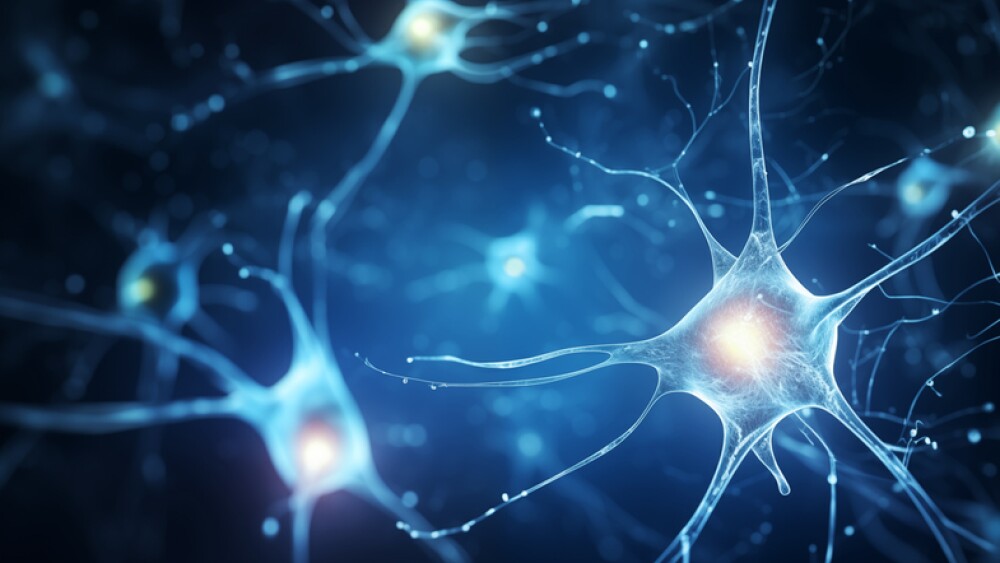In the context of the global pandemic, investigators from the Institute for Research in Immunology and Cancer of the Université de Montréal are adapting their skills and their knowledge to work towards finding creative and bold solutions to counter COVID-19.
MONTREAL, April 15, 2020 /CNW Telbec/ - In the context of the global pandemic, investigators from the Institute for Research in Immunology and Cancer (IRIC) of the Université de Montréal are adapting their skills and their knowledge to work towards finding creative and bold solutions to counter COVID-19.
As a result of a spontaneous call for proposals initiated by IVADO, to support certain digital intelligence initiatives, research teams from HEC Montréal, Polytechnique Montréal and the Université de Montréal (including IRIC), will be able to rely on funding, scientific support and access to various resources to lead projects related to this scourge.
"In biomedical and pharmaceutical research, data can potentially accelerate certain discoveries. In fact, laboratory experiments require time, but analyzing data using digital intelligence results in guiding research and quickly identifying possible solutions. In view of the current emergency, the alliance between data science and biomedical research is therefore crucial. With this call for projects by IVADO, we can directly support the efforts of digital health investigators, who are coming together to propose solutions to the COVID-19 crisis and whose work creates a great deal of hope" points out Barbara Decelle, Health Research Advisor at IVADO.
Among the proposals retained, IRIC proudly announces the commitment of François Major, bioinformatics pioneer and Principal Investigator at the RNA Engineering Research Unit (ribonucleic acid), in this fight against the pandemic. His team is striving to develop a molecular modelling protocol in order to quickly produce RNA structural virus data. The goal is to use that data to identify drugs, including those already on the market, which could prevent replication of the SARS-CoV-2 virus, at issue in the COVID-19 pandemic.
"RNA is dynamic, it moves until it adopts a structure that serves its purpose, like a dancer who strikes a pose that enables him to interact at a specific moment with his partner. Out of all the possible movements and all of the versions of the virus, our unique algorithms deduce the poses that are essential to its replication and that can be targeted using drugs. I can't put into words the excitement that the funding of this project has generated within my team. IVADO's decision shows how important fundamental research results are in mastering the RNA "dance", applied here to counter the COVID-19 virus", explains François Major.
We should also mention the additional commitment of the laboratory headed by Michael Tyers, Principal Investigator at the Systems Biology and Synthetic Biology Research Unit, in its efforts against COVID-19, this time in collaboration with the team headed by Yoshua Bengio, Scientific Director of the Quebec Artificial Intelligence Institute (Mila) and of IVADO. The project selected, also supported by scale ai and the Andrea Lodi Chair, aims to identify novel molecules that target proteins in the SARS-CoV-2 virus, a prerequisite step for drug development. To do so, the investigators and their teams will use neural networks to automatically assess billions of potential molecules, the most promising of which will be evaluated in biological assays and then progress towards drug development.
Other IRIC allies are behind a project aimed at providing the scientific community with an interactive platform that can predict potential targets for a COVID-19 vaccine. The platform, which uses the capacity of an artificial intelligence algorithm, was developed by Tariq Daouda during his Ph.D. studies at IRIC in the labs headed by Claude Perreault and Sébastien Lemieux. The algorithm is used to predict which parts of the virus will be exposed at the surface of the infected cells and thus generates a list of potential targets to exploit in the creation of a vaccine. Made available to the research community, this platform would help accelerate the development of COVID-19 vaccines, as well as vaccines for other emerging viruses.
"I'm delighted to be able to apply the research that I carried out at IRIC in a concerted effort to fight COVID-19. By making our results available to the scientific community, we hope to significantly accelerate the development of a vaccine" adds Tariq Daouda.
About the Institute for Research in Immunology and Cancer (IRIC) of the Université de Montréal
An ultra-modern research hub and training centre located in the heart of the Université de Montréal, the Institute for Research in Immunology and Cancer of the Université de Montréal was created in 2003 to shed light on the mechanisms of cancer and discover new, more effective therapies to counter this disease. The IRIC operates according to a model that is unique in Canada. Its innovative approach to research has already led to discoveries that will, over the coming years, have a significant impact on the fight against cancer.
For more information: www.iric.ca
About IVADO
IVADO is the fruit of an initiative of HEC Montréal, Polytechnique Montréal and the Université de Montréal. With the support of its ecosystem linking the academic, industrial and institutional sectors, IVADO develops leading-edge expertise in the various fields of digital intelligence (including data science, artificial intelligence and operational research) and helps transform novel scientific discoveries into concrete applications, economic opportunities and benefits for society.
For more information: ivado.ca/en/covid-19/
SOURCE Institute for Research in Immunology and Cancer (IRIC) of the Université de Montréal




